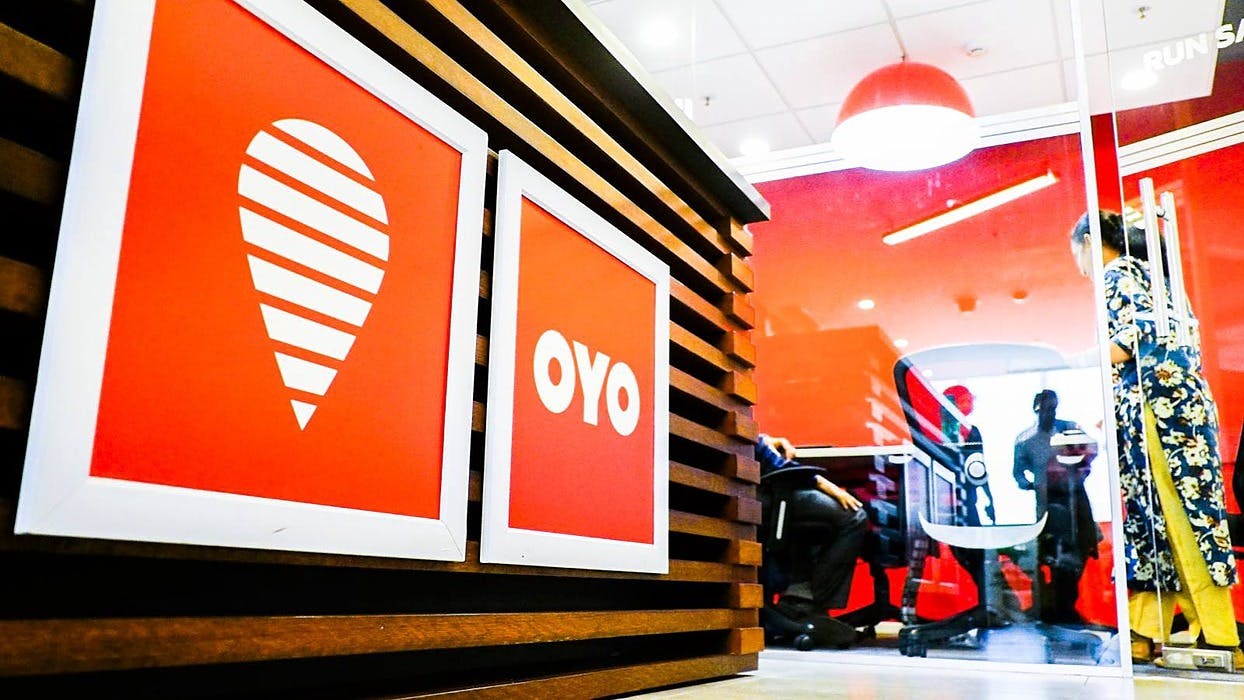1,541 reads
OYO Rooms is Going to Be India's WeWork: A Case Study
by
January 7th, 2020
Founder @ Human+Business. Content marketing @ Reedsy, Writer @ Truth Cartel. Startups & tech.
About Author
Founder @ Human+Business. Content marketing @ Reedsy, Writer @ Truth Cartel. Startups & tech.
